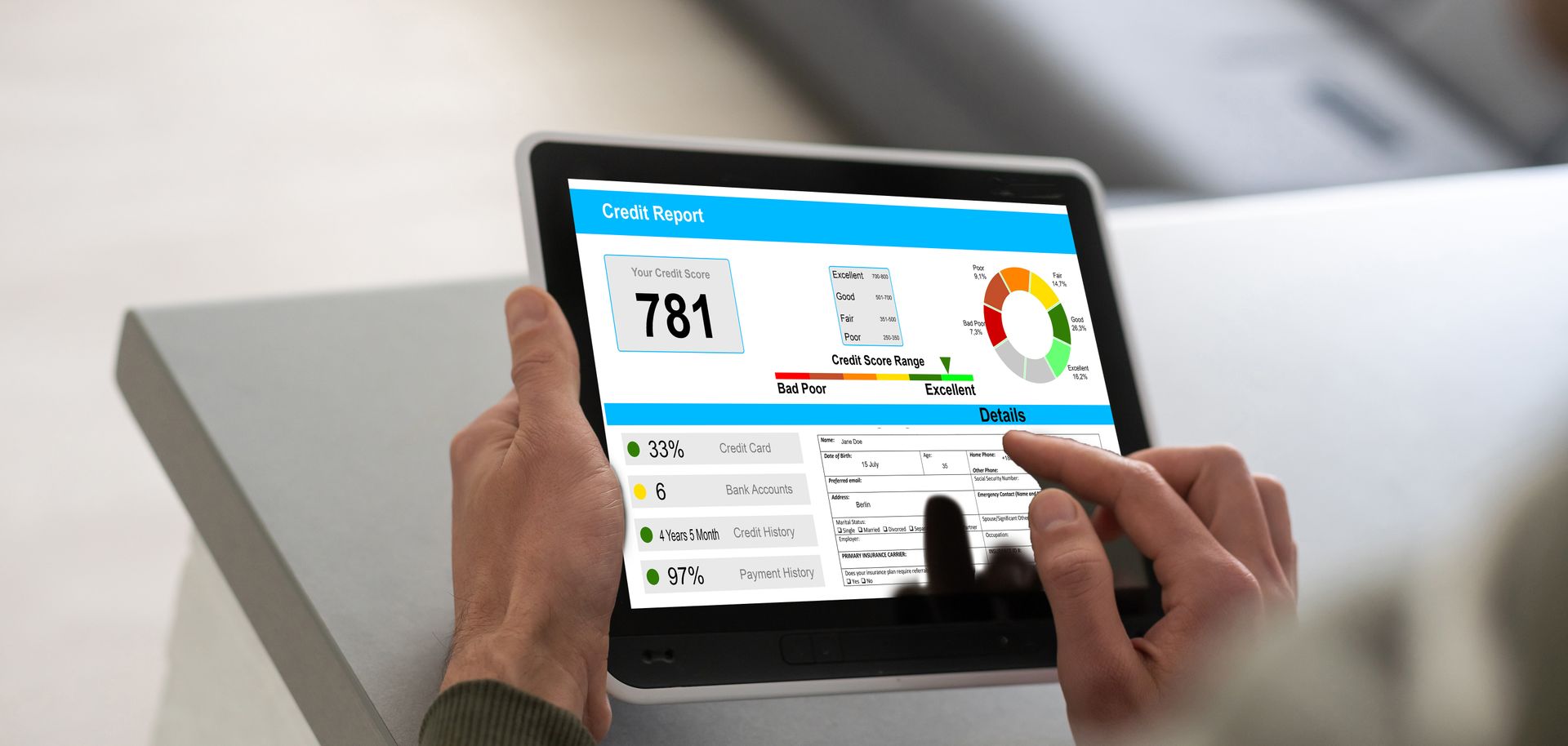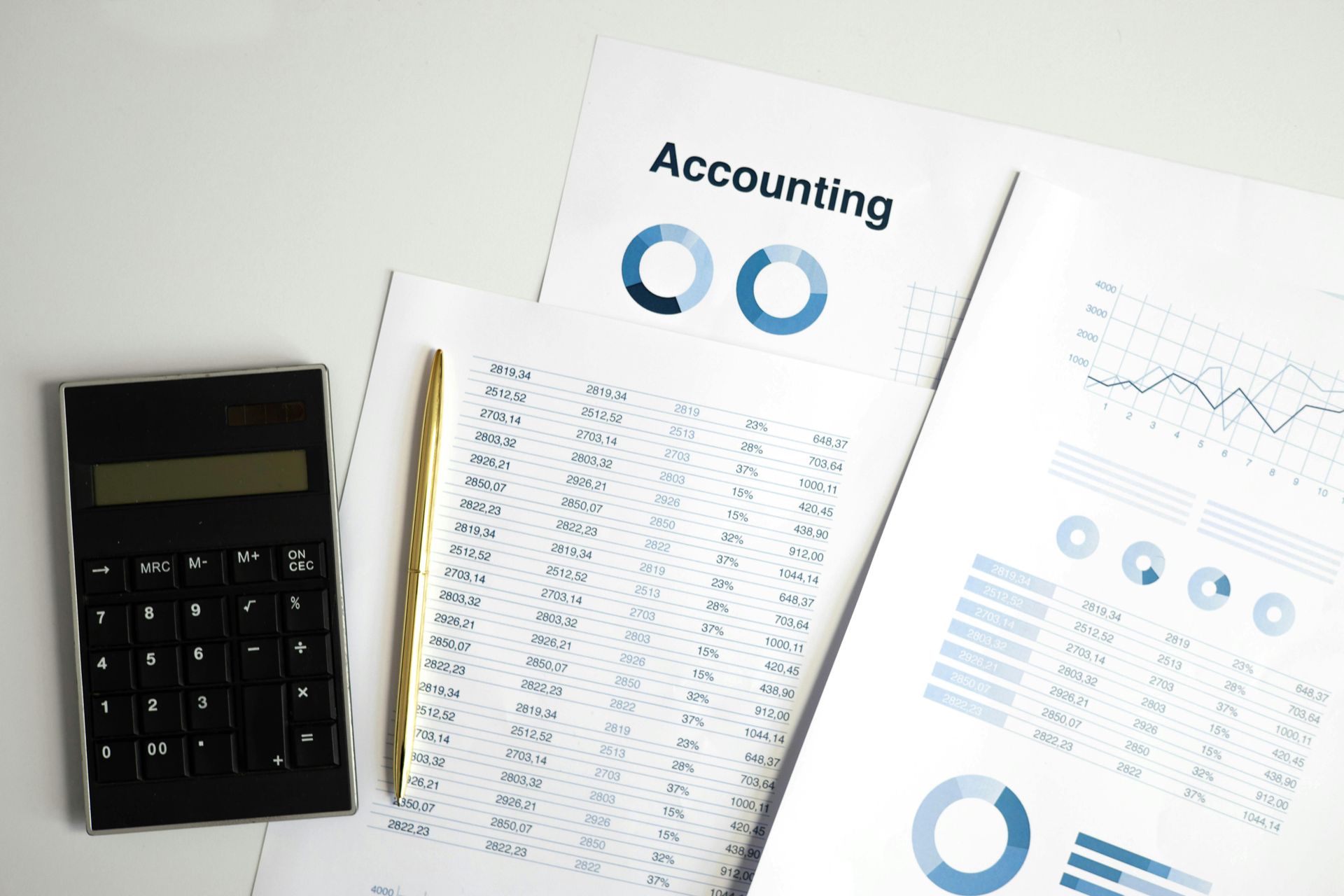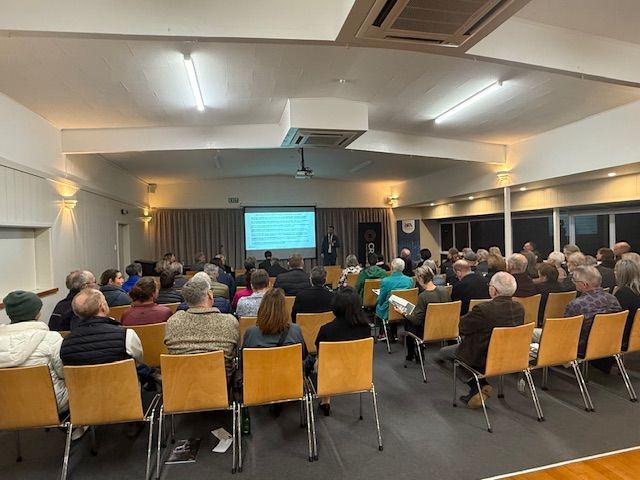GST invoicing is changing
From 1 April this year, new GST invoicing rules will come into force aimed at making dealing with GST invoices much simpler and providing more flexibility. All businesses will need to be aware of the changes, if you currently comply with GST invoicing rules, then you won’t need to make any changes to comply with the new rules. However, you may need to check that your business processes can manage the new GST requirements.
The main things to be aware of include:
1. No longer having to hold, or issue, a tax invoice. Instead, you must hold specific Taxable Supply Information (TSI).
2. The removal of the IRD requirement to have Buyer Created Invoices (BCI) approved by IRD.
3. Threshold for keeping GST receipts is increasing from $50 to $200
Taxable Supply Information
The biggest change is that the requirement to hold or issue a tax invoice will be dropped. Instead, tax invoices will be replaced by a more general requirement to provide and keep certain records known as taxable supply information (TSI). This is a set list of information that must be provided to any GST-registered customers within 28 days of the date of supply. Information that you’ll need to supply (over and above current tax invoice requirements) includes:
- The ”date of the supply” — when the time of supply is triggered, rather than the current tax invoice requirement of the date on which the tax invoice is issued.
- For supplies over $1,000, the TSI must include the recipient's physical address (if that information is available).
- For supplies over $200, the changes mean it is mandatory to issue TSI to GST-registered customers within 28 days of the date of supply, while for supplies made to non-GST registered persons you have 28 days from when the customer requests the information.
Buyer-Created Invoices
The IRD has removed the requirement for buyer-created tax invoices to be approved by IRD. These will be replaced by written agreements between parties to confirm self-billing.
Claiming GST
Previously, you needed to keep a tax invoice to claim GST on any supplies costing more than $50 (including GST). From 1 April, this threshold will rise to $200 (including GST). You must still keep records to support your expense claims, including a tax invoice if you receive one. However, if you do not receive a tax invoice, you can keep other records that are sufficient on their own, or in combination, to support your expense claims. For example: invoices, supplier agreements, contracts, and bank statements.
What do I need to do?
From 1 April, you can continue to issue tax invoices, or you can provide the taxable supply information (TSI) in any format you choose. Examples could be a list of information in an email, electronic invoice, or information supplied via an e-invoicing system. You don’t need to use the words “taxable supply information” or include these words in the information you provide as part of the TSI.
Similarly, to claim GST on a payment you make to your supplier, what is required from the supplier would simply be a list of information, rather than a document called “tax invoice”.
If you're unsure about the changes or need more information on the taxable supply information, get in touch with us and we can help you navigate them.











